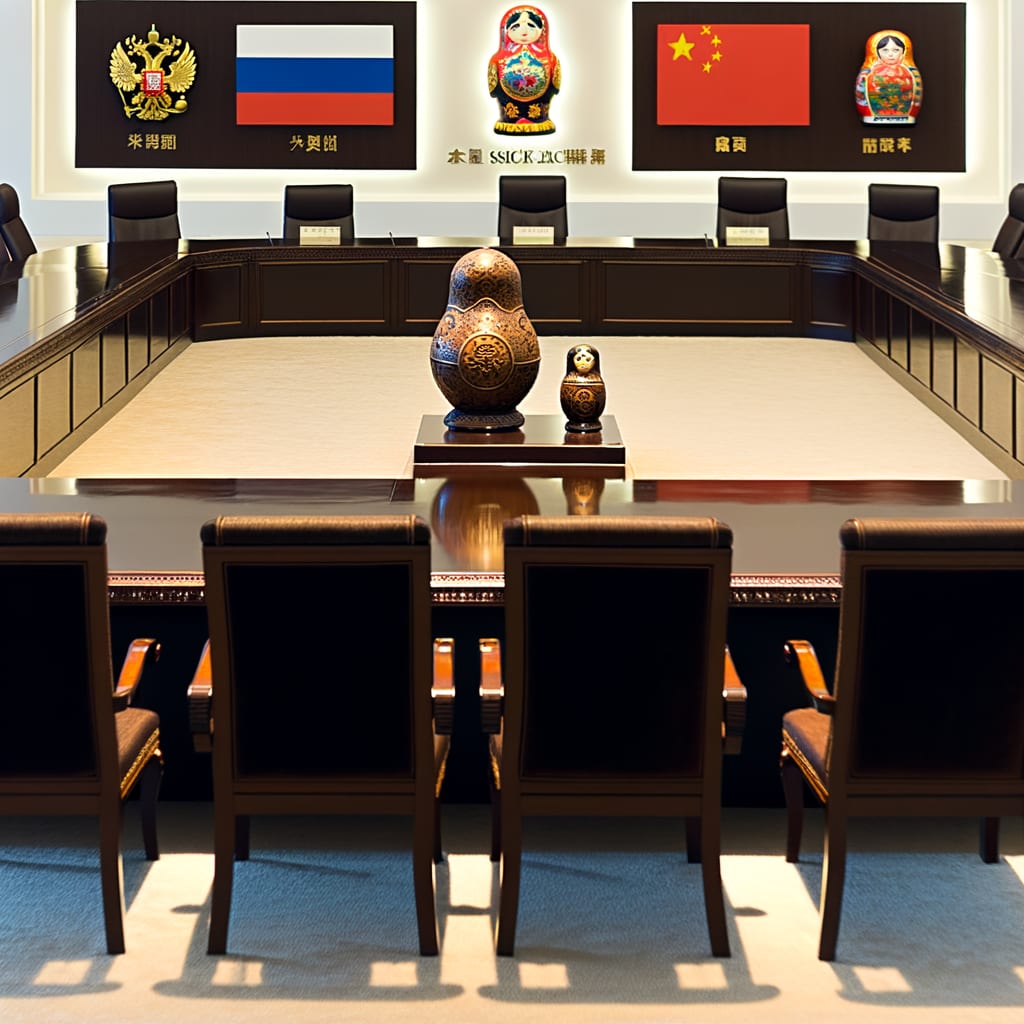Xi Jinping, Putin, and Modi to Meet in Grand Display of Global South Solidarity
In a remarkable display of Global South solidarity, Chinese President Xi Jinping is set to welcome Russian President Vladimir Putin and Indian Prime Minister Narendra Modi at the largest summit since 2001. The meeting, which marks a significant moment in international relations, is part of the annual Shanghai Cooperation Organisation (SCO) event scheduled on August 31 and September 1 in Tianjin, China.
Building Strategic Partnerships
Xi Jinping, during a meeting with Vyacheslav Volodin, the State Duma Chairman, emphasized the strategic importance of China's relationships with Russia. [The relations between China and Russia are] the most stable, mature, and strategically substantial among the ties between major powers in today's world of change and transformation,
the Chinese president noted, according to TASS.
The Chinese leader is also expected to seek friendly ties with all countries, including Ukraine, under principles of mutual respect and win-win cooperation, as reported by Foreign Ministry official Guo Jiakun.
Advancements in Sino-Russian Relations
The visit of Russian parliamentary delegation, chaired by Vyacheslav Volodin, marks a significant advancement in Sino-Russian relations. Several initiatives, including an ambitious student exchange goal through the end of the decade and efforts by Russian companies to enter Chinese stock markets, underscore the growing ties between the two nations.
Science and Higher Education Minister Valery Falkov also expressed Russia's hopes for a Chinese experimental station to appear at the SKIF Collective Use Center, emphasizing the mutual benefits of such partnerships.
Joint Challenge to Hegemony
Zhao Pei, an expert in international relations, underlined that China-Russia cooperation is not aimed against any third party but rather at building a fairer international system. This perspective is echoed by Xi Jinping, who stated that the two sides should work together to safeguard the security and development interests of both countries, unite the Global South, uphold true multilateralism, and promote the international order towards greater fairness and justice.
Tightened Security and Grand Parade
Amid these diplomatic developments, Beijing has tightened security in multiple ways for a rare military parade on September 3. The parade, marking the 80th anniversary of China's victory in the war of resistance against Japanese aggression,
is expected to draw state leaders from around the world, including Putin and several Southeast Asian leaders.
Conclusion
As the world watches, the meeting of Xi Jinping, Putin, and Modi signifies a significant shift in global power dynamics. The summit, held within the framework of the SCO, is seen by Beijing as an opportunity to signal that American hegemony is fading. As global power realignments take shape, the outcomes of these meetings will undoubtedly have far-reaching implications for international relations in the years to come.

